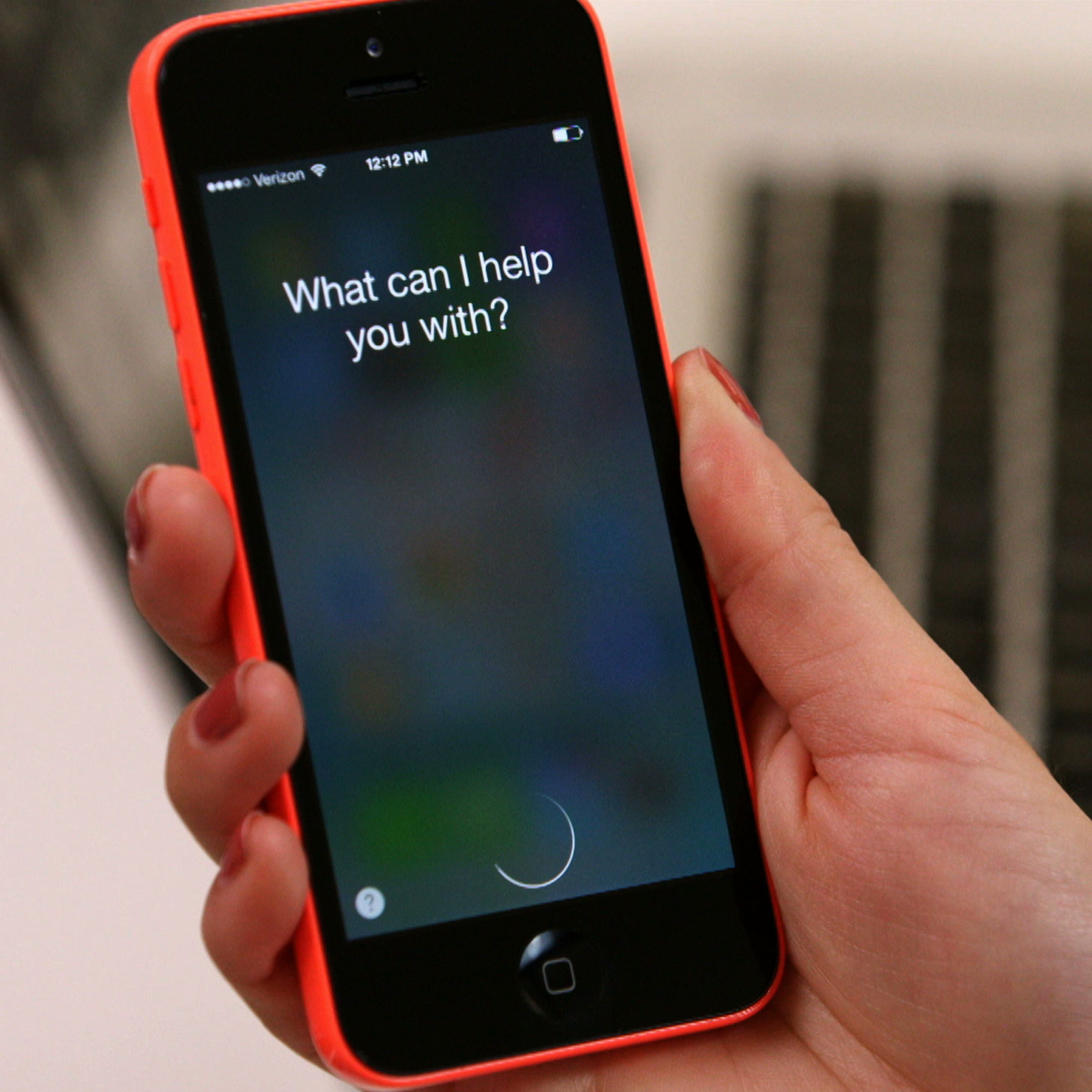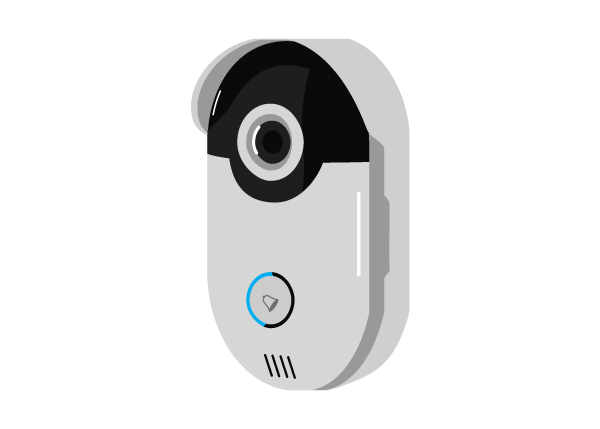
Many in today's society have been brainwashed into believing that "smart" devices exist to make our lives easier and more convenient. The ugly truth, however, is that Nest thermostats, Alexa speakers, Apple watches and other always-listening, always-watching electronics were actually designed for the purpose of enslaving you under constant surveillance.
People who live in "smart" homes can now be monitored 24 hours a day, seven days a week without the need for a warrant or probable cause, thanks to this clever little "smart" scheme. And in the United States where privacy laws are pitifully weak, there is almost nothing anyone can do about it other than to try to avoid "smart" devices whenever possible.
The problem is that even if you do not personally own anything "smart," chances are someone you know does. When you visit a friend or a family member, for instance, "smart" devices throughout their homes will watch and listen to you without your consent.
In many cases, consumer spy devices like the "Amazon Echo" relay the data they capture back to the mother ship, typically for the purpose of selling it to third parties. In some cases, however, "smart" devices relay people's private information to police departments and even the FBI, which could end up using it to falsely incriminate certain targets.
U.S. Immigration and Customs Enforcement (ICE) has even gotten in on the action by secretly spying on "hundreds of millions of phone, water, electricity and other utility records while pursuing immigration violations," according to a report by researchers from Georgetown Law. Even though the illegal alien invasion has become a serious problem, does it constitutionally justify illegal surveillance?
Technology is a trojan horse for your enslavement
No longer does the establishment require large cameras or spy planes that fly overhead to figure out what people are doing and saying behind closed doors. Now, all it takes is a smart refrigerator that tells you when you need to buy more food, for example, or that tiny camera on the screen of your laptop that supposedly exists to facilitate Zoom calls.
On the surface, these spy device tools might seem "cool" because they do nifty things that our parents and grandparents never could have imagined. The truth, though, is that they are used by the deep state to continuously surveil people.
"Whether it's our financial records, our phone records or the countless other records held about us by third parties, this data is generally open to police even without a warrant," warns The Guardian.
"This so-called 'third-party doctrine' has come under more scrutiny in recent years, and there is some hope the courts will catch up with the changes in technology. Until they do, however, nearly all the data held about us by private companies remains completely exposed."
The situation was already bad enough when it was just phone records, but now the "Internet of Things," as they call it, has made spying and surveillance a part of everyday life.
"These gadgets are sold as flashy, affordable and convenient," The Guardian further adds. "But despite all that has been written about the speculative benefits of the so-called Internet of Things, these technologies are often terribly insecure and may provide few to no details to consumers on how they're protecting our data."
The obvious answer to all this is to simply stop participating in the Internet of Things – if only it were that simple. Since much of the modern economy is built within this digital ecosystem, many people have no choice but to comply if they want to continue to eat.
More related news about Big Tech's privacy invasion can be found at PrivacyWatch.news.
Sources for this article include:
Please contact us for more information.





















